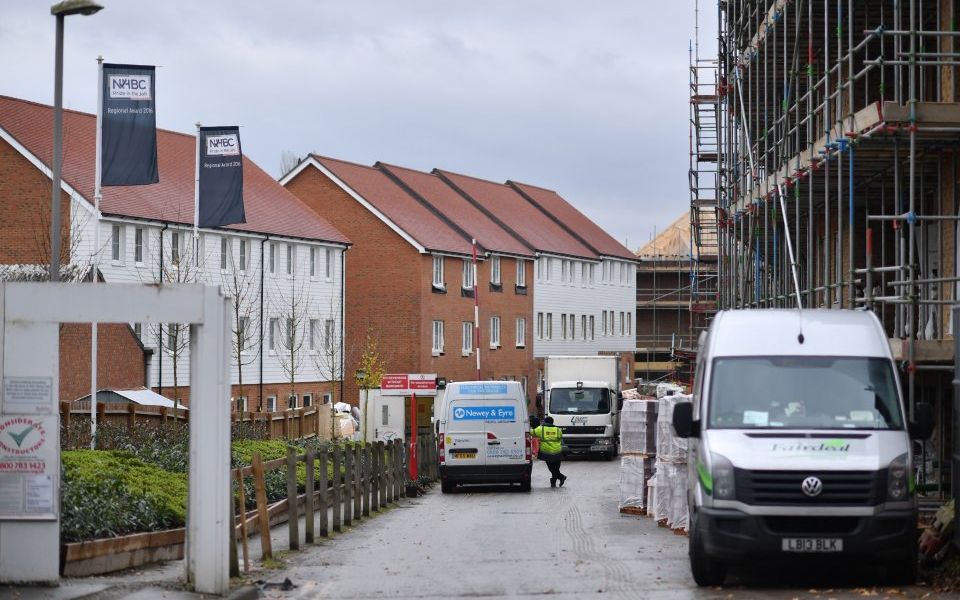Mortgage approvals sink back down as housing activity grows thin

Mortgage approvals suffered a renewed dip in July, underlining fears of stagnant activity levels throughout the UK’s housing market.
Last month approvals for house purchases edged down to 65,000, bucking a slow rise to a five-month high in June, according to new bank of England (BoE) statistics.
Remortgaging approvals also dropped 5.5 per cent to 45,000 in July.
In June British lenders approved 65,619 mortgages, rising 1.5 per cent from 64,684 in May and reaching the highest level since January, according to BoE data.
Read more: Mayfair's historic landlord is expanding out of London
However, today’s data suggests that a slowdown in housing activity shows no sign of fading, with experts fearing that the recent BoE interest rate raise will only exacerbate problems.
Howard Archer, chief economic advisor to the EY Item Club, said: "July’s renewed dip in mortgage approvals reinforces our belief that the housing market will continue to struggle to gain traction despite coming off its 2018-lows. The Bank of England raising interest rates in early-August will not help the housing market.
"Housing market activity is relatively lacklustre and we expect it to remain so as limited consumer purchasing power only gradually improves, consumer confidence is fragile and appreciable caution persists over engaging in major transactions. Potential house buyers may also be concerned that they are likely to further interest rate hikes over the medium term following August’s hike."
Read more: London house prices set to deepen as no-deal Brexit woes loom
According to John Eastgate, sales and marketing director at OneSavings Bank, consumers are "putting the brakes on homebuying decisions" amid fears of current political volatility.
Jeremy Leaf, north London estate agent and a former RICS residential chairman, says: "These figures are a little disappointing in that they reflect a period when we would have expected a pick-up in the market over the spring buying season. Buyers and sellers are still engaged in a stand-off, whereas lack of energised demand has meant there is often very little urgency to complete deals, even when terms have been agreed."